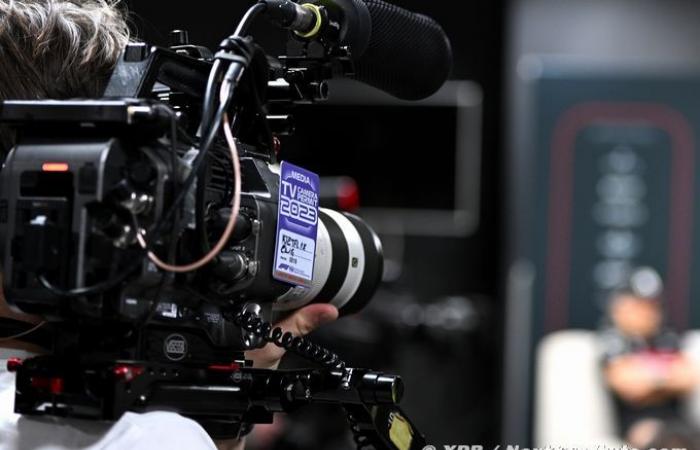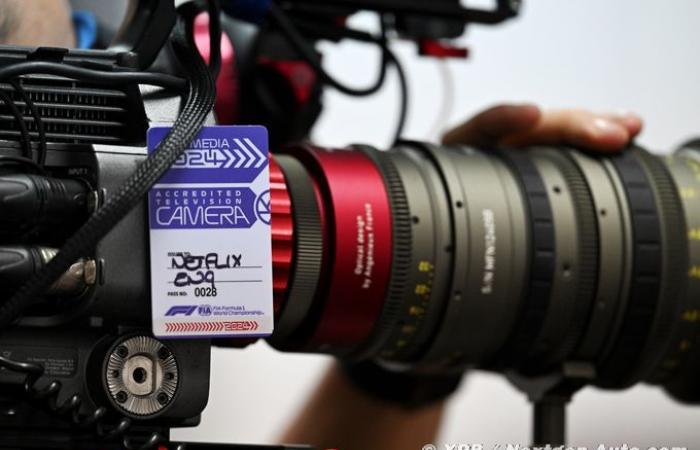During the first season of Drive to Survive, the Netflix series on Formula 1, Ferrari and Mercedes F1 refused to participate, fearing for their image. Ian Holmes, the director of rights for the discipline, admits that he feared that it would cost the series dearly.
“We were in discussions with another global broadcaster who was interested in a team-centric series, so we turned away from one broadcaster and ended up finding another, Netflix” Holmes said in an interview published by Pirelli.
“But we had no idea how successful this series would be. In the first season, Mercedes and Ferrari didn't participate and we thought that might spell the end of the series. Paradoxically, it's probably one of the things that favored it.”
“It demonstrated the nature of the series and the storytelling. It's not about who won a race or who won the championship and who came second. What it demonstrated was that people were interested in stories about people, about organizations, about behind the scenes.”
“And as we've seen in multiple seasons since, some of the biggest characters that have appeared on the show aren't at Ferrari or Mercedes. I mean everyone wants to know about their drivers, but he This is about human interest.”
Holmes praises the work done by Box to Box Films, the company that created the series, to best show the behind-the-scenes of the sport: “Our sport is complex, it's a technical sport which is superbly covered, I would say, by the on-site production of Formula 1, which covers the racing on the track.”
“But it's hard to cover that in a traditional way. What Box to Box, which is producing the film for Netflix, managed to do was highlight the individual stories, the narratives around the pilots in particular – and who would have thought that team managers would become so popular – and so on.”
Holmes is also looking forward to the success of the film 'F1', starring Brad Pitt: “It will have a significant theatrical release. Don't ask me what that means exactly, but it will be in cinemas around the world, for a relatively small, but sufficient, period of time.”
“Then we'll end up on Apple TV. But looking at what Apple plans to do and looking at what Warner Brothers Discovery plans to do in distribution, the movie will be everywhere.”
With the presence of actor Javier Bardem and producer Jerry Bruckheimer, Holmes is convinced that the film will attract a new audience: “These are very big names that, just because of their identity and their popularity, are going to attract a lot of people. And, I like to think, another group of people, beyond what Drive to Survive has brought.”
“We've tried to develop a policy to make Formula 1 content available in as many areas as possible across different genres – short, long, scripted, unscripted film series, we're developing a series on travel and cooking, we travel a lot and there is wonderful food.”
“We are interested in technology, an area in which we have already played. We are considering projects for children, adolescents and young people. What we want is to introduce Formula 1 in a suitable way to the greatest number of possible areas. Film is another example.”







